
“Some of the best work that has happened in the ongoing movements for justice, for freedom, for liberty, led by the Urban League, have been fueled by what we all know we do so well when we do it, which is coalition building. Urban League does this so well.” — Vice President Kamala Harris
The anniversary of the Selma-to-Montgomery marches this week shone a spotlight on the escalating assault on voting rights. U.S. Department of Justice’s scathing rebuke of the Louisville Police Department underscored the urgent need to redefine public safety. The U.S. Senate overturned criminal justice reform in the District of Columbia, reinforcing the case for D.C statehood.
In the midst of it all, about 500 Urban League leaders, staffers, and volunteers were on the ground in the nation’s capital, advancing our agenda on these issues and others, as part of the National Urban League’s milestone 20th annual Legislative Policy Conference.
Before I became president and CEO of the National Urban League 20 years ago, I served in elective office, including two terms as mayor of New Orleans and one as a Louisiana state senator. As the first public official to lead the National Urban League, I understood better than most how the proverbial “sausage” of public policy is made and I was determined that the Urban League movement would play a more influential role in making it.
The Legislative Policy Conference became the centerpiece of our redefined role.
One longtime affiliate leader confided in me, “Before you came, we didn’t understand the relationship between politics and policy.” The preeminence of our Legislative Policy Conference, which attracted the top leaders from Congress, the Cabinet, and even President Biden himself, is evidence of how well we understand it now. The National Urban League’s influence can be seen throughout the most significant and wide-ranging federal initiatives undertaken in recent years, particularly those which impact the five pillars that drive our mission — workforce development, education, housing, health, and social justice.
The landmark American Rescue Plan, which helped bring the crippling COVID-19 pandemic under control and hastened a robust economic recovery, was dramatically enhanced by provisions the National Urban League proposed and advocated like the expanded Child Tax Credit, extended SNAP benefit increases and supplemental unemployment insurance, and a National Urban League-backed community-based vaccination plan to target the hardest-hit neighborhoods.
President Biden’s historic Infrastructure Investment and Jobs Act was modeled on the Main Street Marshall Plan, the National Urban League’s comprehensive blueprint for addressing lack of opportunity and economic inequality in America’s urban communities. In addition to once-in-a-generation investments in modernizing the nation’s railways, roads, bridges and airports, the legislation also includes the transformational expansion of broadband internet infrastructure for which we advocated in the Lewis Latimer Plan for Digital Equity and Inclusion.
Not only did President Biden heed our call to make the Minority Business Development Agency permanent, but he also appointed National Urban League Executive Vice President and Chief Operating Officer Donald R. Cravins Jr. to lead the agency as the first-ever Under Secretary of Commerce for Minority Business Development.
President Biden’s Executive Order on Advancing Effective, Accountable Policing, and Criminal Justice Practices to Enhance Public Trust and Public Safety, incorporates many of the themes of the National Urban League’s comprehensive framework for criminal justice advocacy, “21 Pillars for Redefining Public Safety and Restoring Community Trust.” These include bans on racial profiling, chokeholds, no-knock warrants, and shooting at moving vehicles; investigation of police misconduct, revision of use-of-force policies, demilitarization of police, data collection on misconduct and use of force, mandatory use of dashboard and body cameras strengthening of hiring and training standards, and increased diversity among both leadership and ranks.
The National Urban League’s influence on national policy stretches back through the decades: Executive Director Eugene Kinkle Jones served as part of President Franklin Roosevelt’s “Black Cabinet” in the 1930s. His successor Lester Granger led the effort to desegregate the nation’s armed forces under President Harry Truman. The legendary Whitney M. Young Jr. was integral to the passage of the Civil Rights Act and the Voting Rights Act. And Vernon Jordan rebutted President Ford’s State of the Union Address with the first State of Black America report, the definitive annual benchmark of the economic and social status of African Americans. The Legislative Policy Conference, however, represents a historic expansion and redefinition over the past 20 years of the position our movement now occupies in the nation’s legislative, administrative and political institutions.
Morial is president/CEO of the National Urban League.

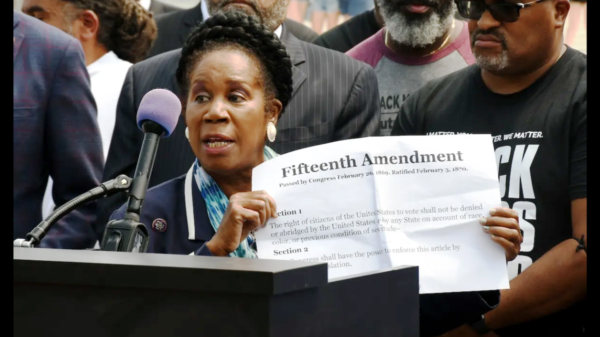
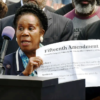
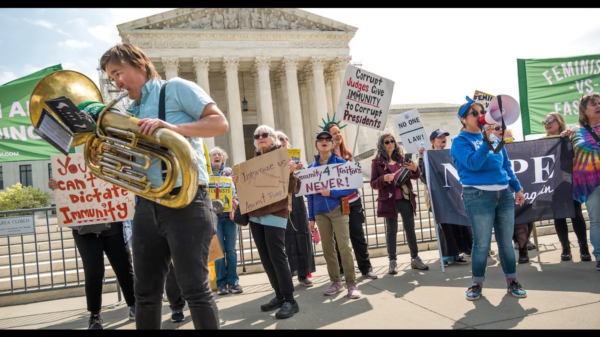
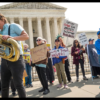
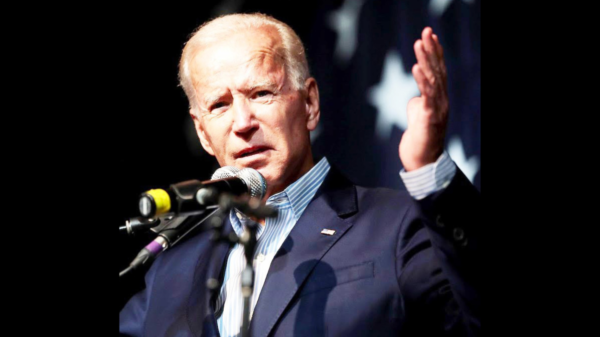
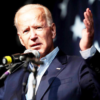
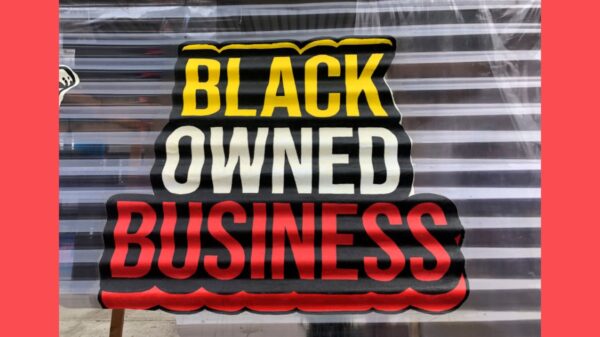
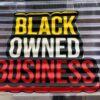
You must be logged in to post a comment Login